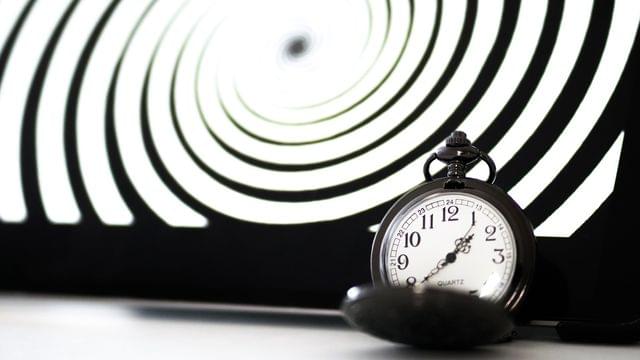How deeply someone can be hypnotized — known as hypnotizability — appears to be a stable trait that changes little throughout adulthood, much like personality and IQ. But now, for the first time, Stanford Medicine researchers have demonstrated a way to temporarily heighten hypnotizablity — potentially allowing more people to access the benefits of hypnosis-based therapy.
In the new study, published Jan. 4 in Nature Mental Health, the researchers found that less than two minutes of electrical stimulation targeting a precise area of the brain could boost participants’ hypnotizability for about one hour.
“We know hypnosis is an effective treatment for many different symptoms and disorders, in particular pain,” said Afik Faerman, PhD, a postdoctoral scholar in psychiatry and lead author of the study. “But we also know that not everyone benefits equally from hypnosis.”
